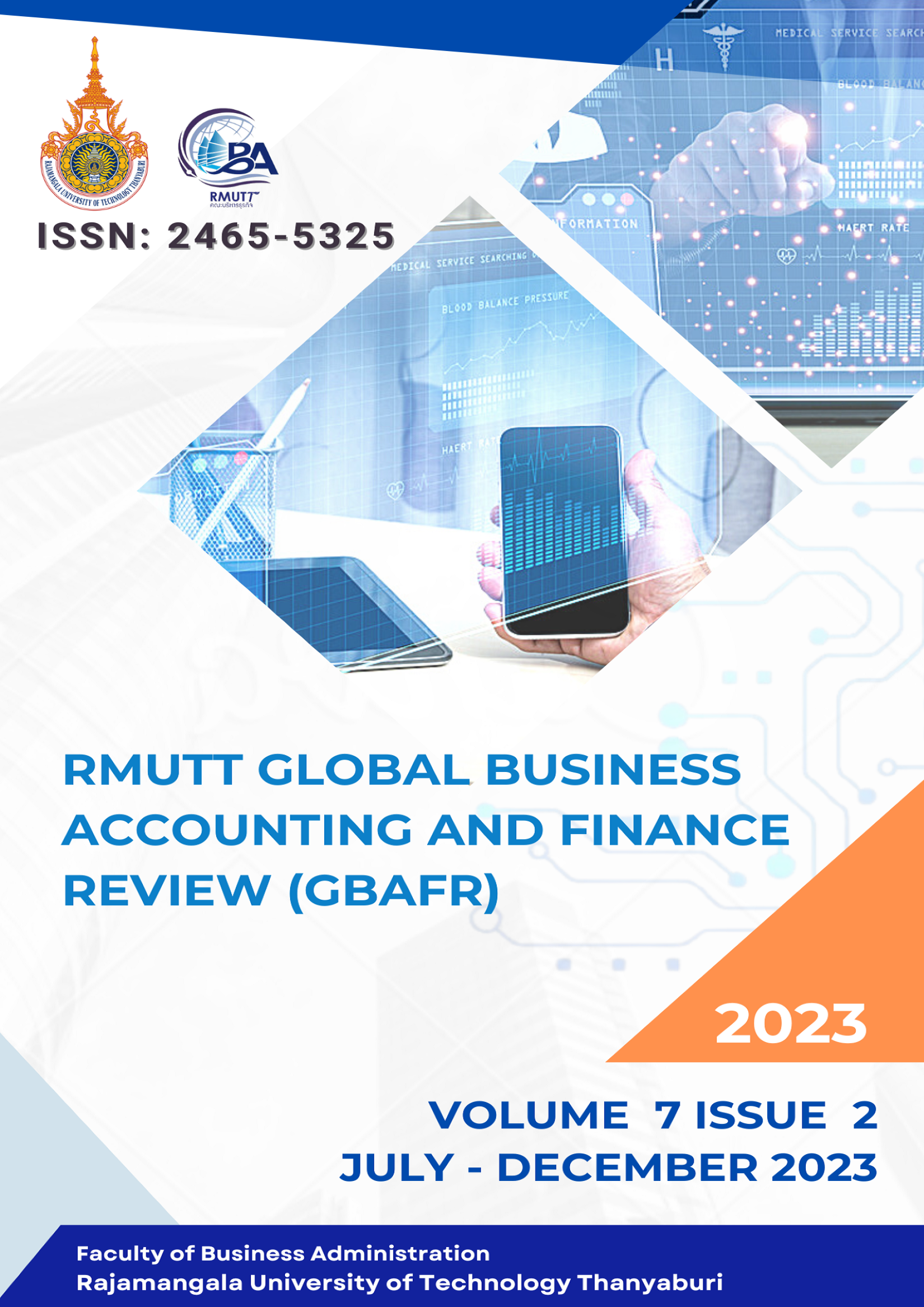RETURNS TO EDUCATION UNDER THE HUKOU SYSTEM: WHAT IS THE ROLE OF SCHOOL TYPE?
DOI:
https://doi.org/10.60101/gbafr.2023.270049Keywords:
Returns to education, School type, Hukou system, Urban-rural divide, ChinaAbstract
Purpose – Estimating the gap in returns to education between China’s urban and rural areas based solely on education attainment can be misleading, especially when there are significant differences in the allocation of educational resources between urban and rural areas. This paper explores the relationship between school types, primarily representing the educational resources available in China, and education returns in urban and rural China under the Hukou system.
Methodology – This paper used data from the 2013 Chinese Household Income Project (CHIP) and applied the OLS method to estimate the traditional Mincer and extended models by adding school types.
Results – Firstly, we found that school types significantly impact income, and different types of schools have different returns on education. The returns to school type increase with the geographical administrative level of the school. In addition, in most cases, the impact of key schools on the income of urban people is more significant than that of rural people. Secondly, when we consider the effect of school type on income, the gap in education returns between non-agricultural Hukou groups and agricultural Hukou groups is widened compared to the results under the traditional Mincer model. Finally, migration does not appear to have brought the desired improvement to their education, with the returns to education for migrants being significantly lower than rural in some cases.
Implications – For individuals, especially those rural Hukou holders, investment in education should be strengthened to improve access to key schools. Providing equal access to quality education and reducing educational disparities between urban and rural areas is essential for the government.
Originality/Value – The results highlight the role of inequality in the allocation of educational resources and the inequality of educational opportunities among the groups with different Hukou statuses and also show that migrating to urban areas may place migrants in a more adverse environment.
References
Aaronson, S., & Figura, A. (2010). How biased are measures of cyclical movements in productivity and hours?. Review of Income and Wealth, 56(3), 539–558.
Bianchi, N., Lu, Y., & Song, H. (2022). The effect of computer-assisted learning on students’ long-term development. Journal of Development Economics, 158, 102910.
Chan, K. W. (2009). The Chinese Hukou system at 50. Eurasian Geography and Economics, 50(2), 197–221.
Cheng, T., & Mark, S. (1994). The origins and social consequences of China’s hukou system. The China Quarterly, 139, 644–668.
Fu, Q., & Ren, Q. (2010). Educational inequality under China’s rural - urban divide: The hukou system and return to education. Environment and Planning A, 42(3), 592–610.
Goodburn, C. (2020). Growing up in (And out of) shenzhen: The longer-term impacts of rural-urban migration on education and labor market entry. China Journal, 83(1), 129–147.
Heckman, J. J. (2005). China’s human capital investment. China Economic Review, 16(1), 50–70.
Li, H. (2003). Economic transition and returns to education in China. Economics of Education Review, 22(3), 317–328.
Liu, J., & Xing, C. (2016). Migrate for education: An unintended effect of school district combination in rural China. China Economic Review, 40, 192–206.
Messinis, G. (2013). Returns to education and urban-migrant wage differentials in China: IV quantile treatment effects. China Economic Review, 26(1), 39–55.
Min, H., & Xiuwen, Y. (2001). Educational Assessment in China: Lessons from history and future prospects. Assessment in Education: Principles, Policy & Practice, 8(1), 5–10.
Mincer, J. (1974). Schooling, Experience, and Earnings. Human Behavior & Social Institutions No. 2. National Bureau of Economic Research.
Naughton, B. (2007). The Chinese Economy. MIT Press.
OECD. (2016). Education in China: A snapshot. https://www.oecd.org/china/Education-in-China-a-snapshot.pdf
Otterbach, S., & Sousa-Poza, A. (2010). How accurate are German work-time data? a comparison of time-diary reports and stylized estimates. Social Indicators Research, 97(3), 325–339.
Sicular, T., Yue, X., Gustafsson, B., & Shi, L. (2008). The Urban-Rural Income Gap and Income Inequality in China. Palgrave Macmillan UK.
Song, Y. (2014). What should economists know about the current Chinese hukou system?. China Economic Review, 29, 200–212.
Wang, X., Yuan, Z., Min, S., & Rozelle, S. (2021). School Quality and Peer Effects: Explaining Differences in Academic Performance between China’s Migrant and Rural Students. Journal of Development Studies, 57(5), 842–858.
Whalley, J., & Zhang, S. (2004). Inequality change in China and (hukou) labour mobility restrictions. National Bureau of Economic Research.
Xu, D., & Wu, X. (2016). Separate and unequal: hukou, school segregation, and migrant children’s education in urban China. Population Studies Center Research Report, 16–586.
Yang, G., & Bansak, C. (2020). Does wealth matter? An assessment of China’s rural-urban migration on the education of left-behind children. China Economic Review, 59, 101365.
Zhang, H. (2016). Literature review on educational attainment of migrant children in China. Open Journal of Social Sciences, 4(7), 190-206.
Zhang, H. (2017). Opportunity or new poverty trap: Rural-urban education disparity and internal migration in China. China Economic Review, 44, 112–124.
Zhang, J., Jin, S., Torero, M., & Li, T. (2018). Teachers and urban-rural gaps in educational outcomes. American Journal of Agricultural Economics, 100(4), 1207–1223.
Zhang, X. X. (2012). Empirical analysis of difference of returns to education between rural and urban areas: based on the data of chip2002. Journal of Xiamen University.
Zhong, H. (2011). Returns to higher education in China: What is the role of college quality?. China Economic Review, 22(2), 260–275.
Zhou, S., & Cheung, M. (2017). Hukou system effects on migrant children’s education in China: Learning from past disparities. International Social Work, 60(6), 1327–1342.
Downloads
Published
How to Cite
Issue
Section
License
Copyright (c) 2023 Faculty of Business Administration, Rajamangala University of Technology Thanyaburi

This work is licensed under a Creative Commons Attribution-NonCommercial-NoDerivatives 4.0 International License.









